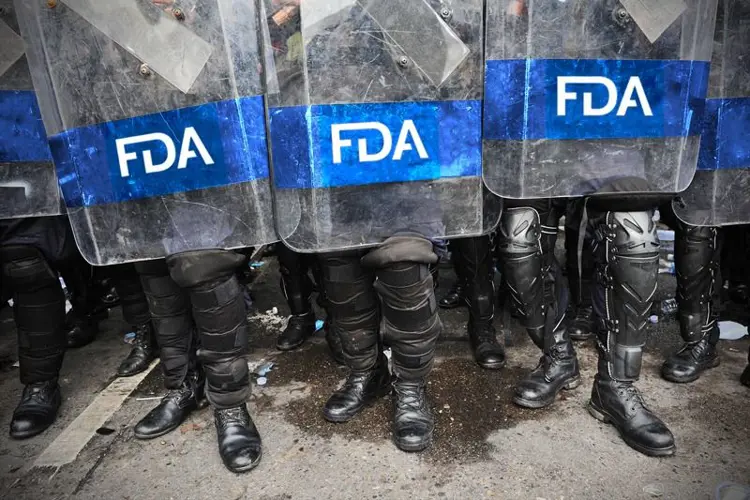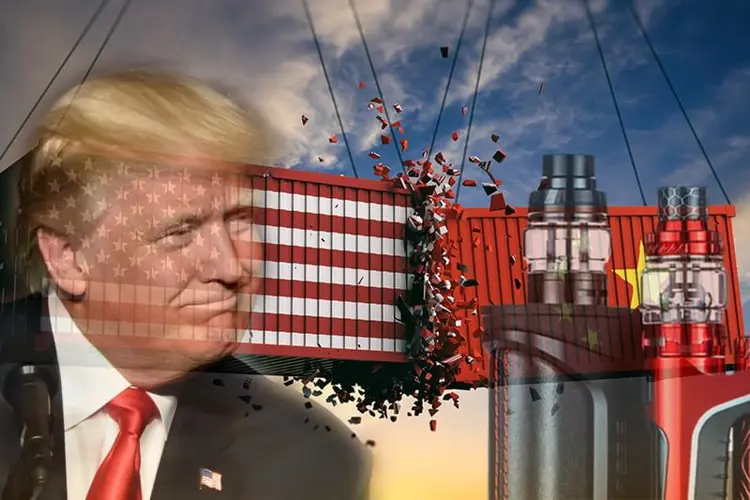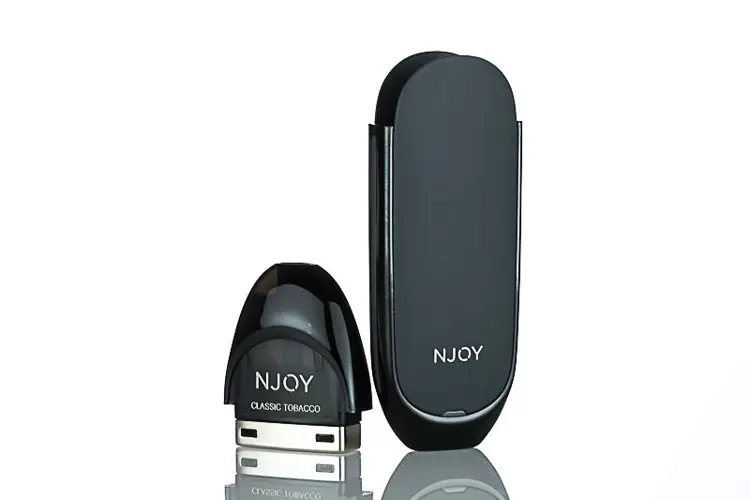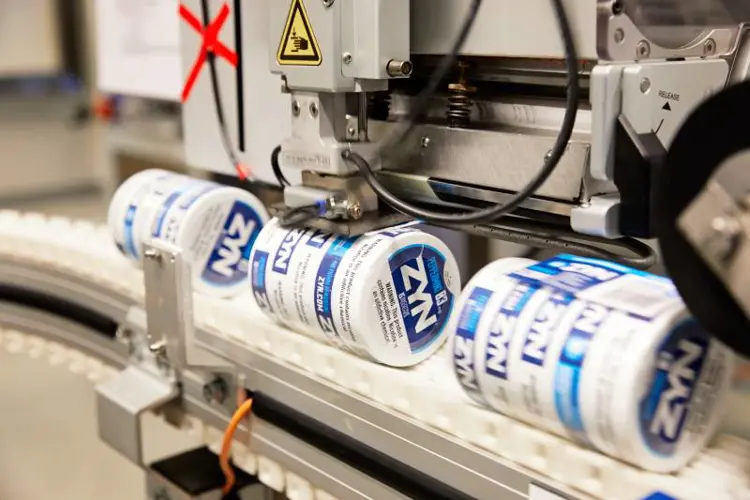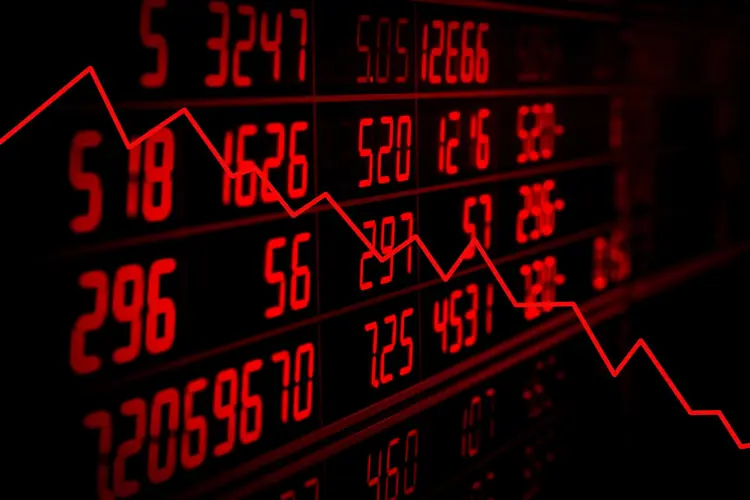JUUL Labs is leaving its unhappy home in San Francisco, and moving to the land of lobbyists, lies, and scandals: Washington, D.C. The troubled company, trapped between its Silicon Valley roots and the vaping and tobacco industries it never quite fit into, will at the very least save on travel expenses. Executives will avoid air travel to testify at hearings and investigations, as JUUL attempts to earn the approval of the FDA and Congress.
The company “seeks to repair its relationship with regulators and distance itself from Silicon Valley’s growth-at-all-costs culture,”according to the Wall Street Journal, which broke the story. The Journal says JUUL is moving its corporate offices, but will keep some staff in San Francisco, where its product development operations will remain.
JUUL will fit in well in money-worshipping, backstabbing Washington, as it seeks to “reset” the vaping “category.” That’s code for lobbying to ban all vaping product features that JUUL isn’t allowed to include in its own products—like flavors. In Florida, JUUL recently emailed its own online customers, asking them to urge the governor to sign a flavor ban into law. Except JUUL didn’t tell its customers that the bill was intended to ban flavors.
What kind of vaping company continues to invest in a city that openly hates the vaping industry, and has actively tried to throw JUUL out?
Along with tobacco companies RJ Reynolds (owned by British American Tobacco) and Altria, JUUL will spend its lobbying dollars in Washington advocating for a strict PMTA process that will probably wipe out most of the legal independent vaping industry. The goal is to compete only against low-powered, weak-flavored vapes, sold by well-dressed corporate lackeys who would never, ever vape themselves.
JUUL has multiple offices in the Bay Area, including a 28-story office building it bought last year. The company announced the purchase on the same day that the San Francisco Board of Supervisors unanimously agreed to ban the sales of all vaping products (flavors had already been banned) in the city. The building went back on the market last winter.
What kind of vaping company continues to invest in a city that openly hates the vaping industry, and has actively tried to throw JUUL out? The same kind that expands operations rapidly in Europe while knowing the EU limit on nicotine would defang the potent 59 mg/mL JUUL product. Now JUUL is making plans to exit some European countries. It will scale down its Asian operations too, leaving South Korea.
JUUL is planning on reducing its staff by almost one-third, cutting more than 900 jobs before the move to Washington.
The company began when it spun off from PAX Labs, the cannabis vape manufacturer founded by James Monsees and Adam Bowen, and originally called Ploom. JUUL has already cut many of its old ties. Co-founder James Monsees is gone, and the new CEO arrived via corporate partner Altria, whichbought 35 percent of JUUL in late 2018. (The Federal Trade Commission recently sued to stop the Altria-JUUL investment, alleging the two companies engaged in anti-competitive practices.)
JUUL is planning on reducing its staff by almost one-third, cutting more than 900 jobs before the move to Washington. The company currently has about 3,000 employees around the world, but already made deep staff cuts last year after a $1 billion net loss, mostly caused by expenses incurred in its rapid international expansion.
The Freemax REXA PRO and REXA SMART are highly advanced pod vapes, offering seemingly endless features, beautiful touchscreens, and new DUOMAX pods.
The OXVA XLIM Pro 2 DNA is powered by a custom-made Evolv DNA chipset, offering a Replay function and dry hit protection. Read our review to find out more.
The SKE Bar is a 2 mL replaceable pod vape with a 500 mAh battery, a 1.2-ohm mesh coil, and 35 flavors to choose from in 2% nicotine.
Because of declining cigarette sales, state governments in the U.S. and countries around the world are looking to vapor products as a new source of tax revenue.
The legal age to buy e-cigarettes and other vaping products varies around the world. The United States recently changed the legal minimum sales age to 21.
A list of vaping product flavor bans and online sales bans in the United States, and sales and possession bans in other countries.







